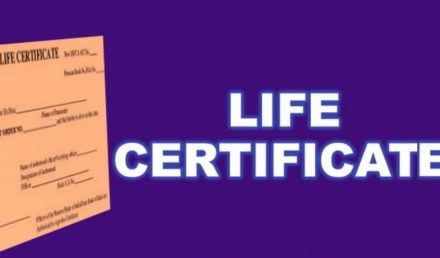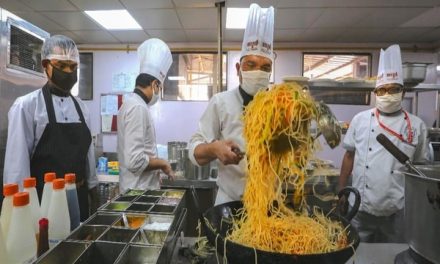Flipkart and Uber unite to deliver essentials: In a meeting with the Department for Promotion of Industry and Internal Trade, Ministry of Consumer Affairs and a few other government departments on Saturday, companies including Flipkart, Amazon, Delhivery and Uber outlined their requirements to ramp up the availability of essential items across the country.
Around 125 fulfillment centers and hubs of Walmart-owned e-commerce company Flipkart were certified to stock food items over the weekend, a senior government official told.
E-commerce, logistics and ride-hailing firms are putting in place several measures to ramp up the capacity to deliver essentials to customers.
These include procuring permissions to stock food at their warehouses, use railway freight to move goods and cabs to enable last-mile deliveries.
The approvals, provisional as of now, were expedited and will allow the company to move essential items such as packaged food through its network.
“They suggested that they want to use their supply chain for non-essential goods and convert it into a network for essential goods,” the official said. “Over 125 sites of Flipkart have now been given conditional approvals because at this point of time states have the challenge to go do inspections.”
The government, too, is keen to hasten the delivery of essential items, the official said.
“Our teams are exploring all possible collaboration ideas, including the Railways amongst several other innovative ideas. All these ideas, supported by government efforts, will help us significantly ramp up our capacity to deliver essentials very soon,” Rajneesh Kumar, SVP and Chief Corporate Affairs Officer at Flipkart Group.
The Railways had some reservations about allowing e-commerce players to begin moving goods on trains since it did not want the capacity of essentials to be used for non-essential items. “I’ve contacted all our zonal railways to allow this and asked the companies to reach out to those centers where they want to move goods from,” the official added.
Uber, too, said it could look at ways of mobilizing its fleet, which is currently grounded, to make last-mile deliveries for e-commerce companies. The company, along with rival Ola, is already working with state and central government agencies to provide transportation for medical workers and others that are needed amid the lockdown.
“We also stand ready to assist in keeping vital supply chains open for the Indian economy and to ensure last-mile delivery of essential items like food, medicines, and medical supplies. Additionally, Uber is currently engaged in discussions with other private sector entities so we can complement our combined logistical capabilities to provide the best possible assistance to the nation,” an Uber spokesperson told.











